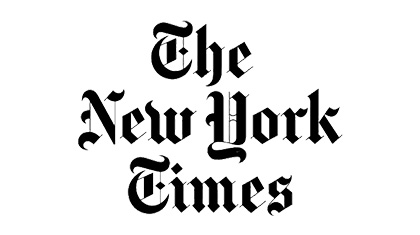
by Roni Caryn Rabin
In an old “Seinfeld” episode, Elaine goes to see a dermatologist about a rash, and is left sitting on the table in the exam room, alone with her medical chart. She opens the folder and almost immediately makes a sour face.
“ ‘Difficult’?” she says, reading aloud.
Let’s face it: We’ve all tried to imagine what the doctor’s been scribbling during our visits, what is to be found in that intimate record of frailties and phobias that we never see, even though it is all about us.
“The medical record is information that really belongs to the patient, but it’s treated like a classified document,” said Susan B. Frampton, president of Planetree, a nonprofit organization based in Derby, Conn., that promotes patient-centered approaches to health care. “It’s symbolic of the power differential in health care.”
Read the New York Times article here.



